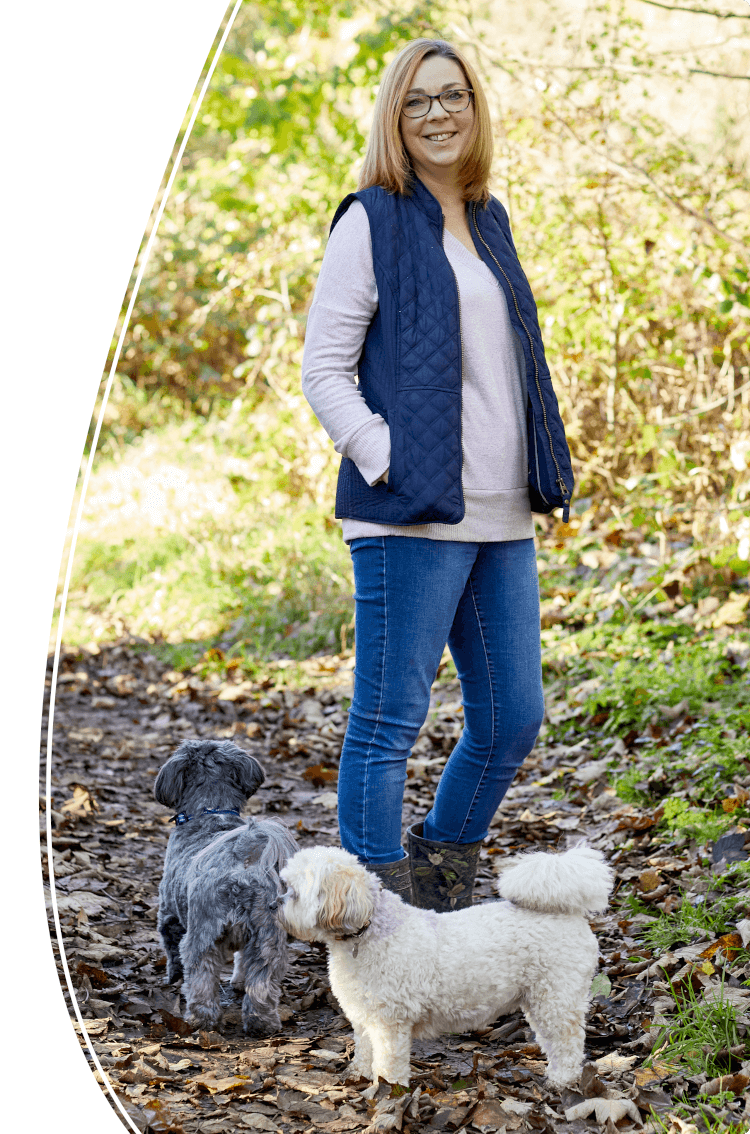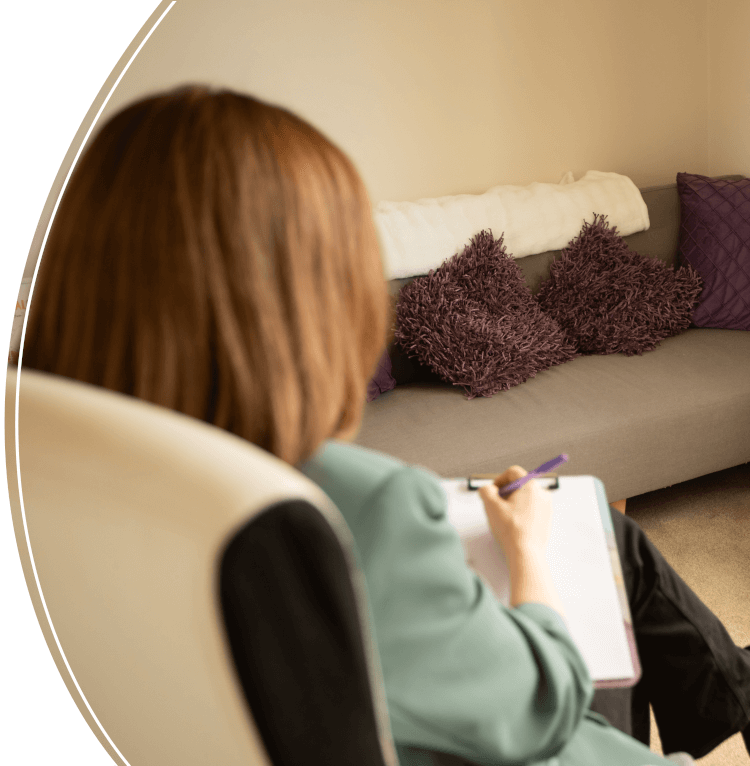That under the surface stress we don’t talk about enough

Like anxiety, stress doesn’t usually show up in our lives with flashing lights, shouting “hiya, I’m here!”. It tends to creep in quietly. A little more tension in your shoulders. A few too many restless nights. The feeling that no matter how hard you try you are never quite caught up. Lying awake at 3 a.m. overthinking a conversation from two weeks ago.
What starts as just a sense of being really busy with a bucket load of things you have to do and juggle can gradually, over time, become the norm until one day, you realise everything feels so much heavier than it should. And you can’t quite remember the last time you properly felt like you.
Sound familiar?
The quiet build-up
For many people, stress builds gradually. A few small things pile up. Those work deadlines, family responsibilities, never-ending life admin. You tell yourself you’re just tired or that having a weekend off to rest and relax will sort it.
But when stress builds and lingers, it starts showing up in more noticeable ways:
- You wake up tired, even after a full night’s sleep.
- Your mind races, especially when you’re trying to switch off and relax.
- Everyday tasks feel harder to start or harder to finish.
- You feel more irritable, teary, or flat than usual.
- Your body feels tense: headaches, tight shoulders, headaches, or that familiar knot in your stomach.
Often, it’s only in hindsight that you realise how much you’ve really been carrying. And it can feel frustrating because nothing huge has happened, but you still feel completely worn out and frazzled.
How stress changes your world
When stress becomes that constant annoying hum in the background, it starts to affect how you live and how you feel day to day.
Simple things that once felt effortless can suddenly feel like you’re climbing a mountain or wading through treacle (or climbing a mountain whilst wading through treacle!). You might avoid plans, struggle to focus, or lose interest in the things that used to bring you joy and happiness.
That’s because your brain is doing its best to protect you. To keep you safe. But when the primitive, survival-focused part of your brain takes the lead it becomes hyper-alert. It constantly scans for problems, even when you’re not in danger.
This puts your body into a prolonged stress response, releasing adrenaline and cortisol, disrupting your sleep, affecting your memory, and making it harder to think clearly or feel calm and balanced.
A brain-based, forward-looking approach
Here’s the good news: your brain is adaptable. With the right support, it can shift out of survival mode and back into a calmer, quieter and more balanced state.
Solution Focused Hypnotherapy offers a gentle, practical way to help you do just that. It doesn’t ask you to dwell on the past or explain everything that led you to this point. Instead, it focuses on what’s working, what’s possible, and where you’d like things to start feeling different.
It combines positive, solution-focused talking therapy and conversation with and guided hypnosis (a deeply relaxing, natural state a bit like daydreaming), to help you access the intellectual part of your brain. The part that’s rational, creative, and resilient. In that state, the busy, reactive part of the brain calms and quietens and you are then able to bring your brain out of that fight-flight-or-freeze mode.
Over time, this approach can help:
- Reduce the intensity of stress responses.
- Improve sleep, focus and concentration.
- Ease physical tension and overwhelm.
- Support confidence, clarity and emotional balance.
It’s not about forcing change. It’s about giving your brain space to breathe and gently guiding it back toward calm and balance. It’s a bit like a reset button. When your nervous system has room to rest and reorganise, your brain can start forming new, more helpful patterns. And because this approach builds from your strengths, the ripple effects tend to show up in your everyday life. In how you think, feel, and respond to challenges.
You don’t have to wait until you are burnt out
If stress is building up and you’re starting to feel it in your body, your thoughts, or your energy, you don’t have to wait until it gets worse to do something about it.
Even small shifts in thinking and behaviour can begin to lighten the load and create lasting change, helping you to feel lighter and brighter.
Whether through Solution Focused Hypnotherapy or another form of support that feels right for you, the most important thing is not staying stuck.
You deserve to feel calmer, more in control and balanced again. And, of course, feel like you again.
You’re allowed to pause, to take a breath and you’re allowed to ask for support.
When you prioritise your self-care it can be incredibly empowering, enabling you to make those positive changes to your life. One gentle meaningful step at a time, you can find your inner freedom from what’s holding you back, let go of stress, regain your balance and reconnect with the calm within you.
You can find some helpful breathing techniques to help calm your mind and find balance in another of my blogs, Breathing to calm your mind and find balance – Katie Deacon – Hypnotherapist & Life Coach. You can also read more on my Anxiety and Stress page Anxiety Hypnotherapy in Nottingham – Katie Deacon or contact me for a free 45 minute consultation by email at katie@katiedeacon.co.uk.
More Blog Articles







